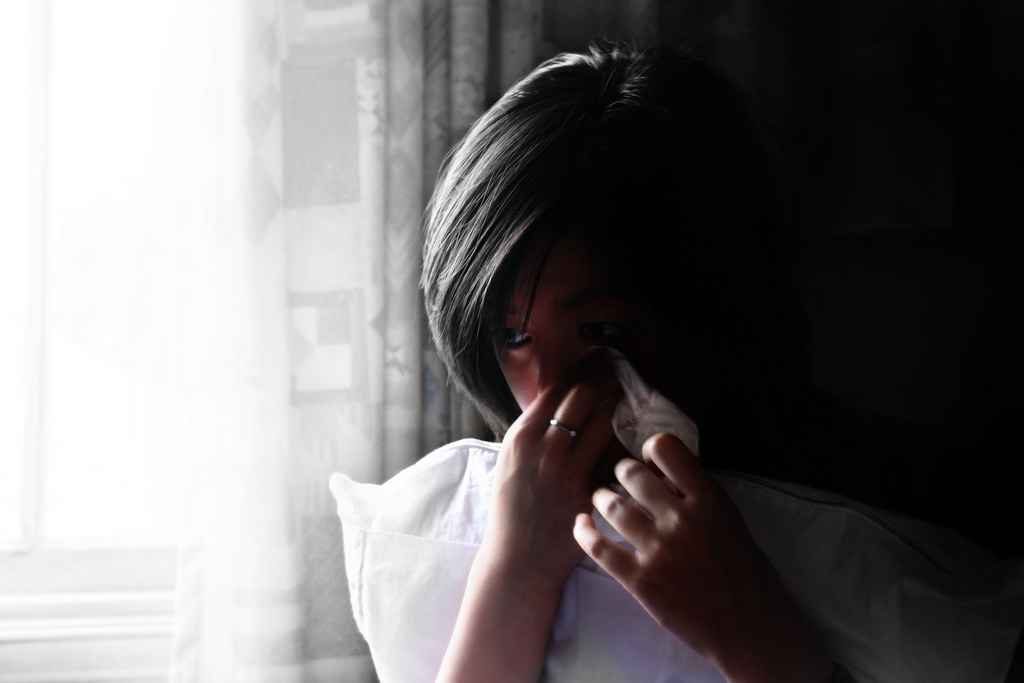
Hello everyone!
My name is Susan, and I am a PPD survivor.
Postpartum Depression had taken my life and robbed me of taking care of my son when he was born. (Simply put, postpartum depression is the presence of a clinical depression during the postpartum period. In that way, postpartum depression is exactly like any other depression that is unrelated to childbirth. But there’s more to it than that,” says Karen Kleiman MSW, LCSW.
The father of my son left me when he learned that I was pregnant. I never heard from him since then. Taken aback of the situation especially coming from a stringent family environment, I went to a series of emotional turmoil on whether to terminate my pregnancy or go ahead with it and suffer the repercussions that my parents will impose upon me. I was grateful that I did not go through the first decision. I bravely faced my parents and told them of my state. As expected, my father was, and my mother did not even console me. I felt that I was all alone in this situation.
After I gave birth, I felt that I still experience the burden of my parent’s frustrations. I became paranoid and hesitant to hold my son. Feeling of disgust and just wanted to be away from him was my primary emotion and objective. To be honest, I never felt sad the whole time, but angry at what transpired over the past nine months of my life.
My psychiatrist diagnosed me to have PPD, and she told me to get hold of my life once more as the condition is treatable. I took some medicines to help control my irrelevant thoughts and unwanted feelings. (“Some people assume that if they are prescribed antidepressants they will need to take them for the rest of their lives. People can use medication as a tool to help them feel better,” Jessica Koblenz, PsyD was referring to taking meds when depressed.)
Still, I am not getting the kind results that I wanted to feel and see. When a friend invited me to attend a natural healing program for depressed persons, I started to see changes.

Acceptance and renewal. These are the two words I saw when I entered a small room with nine persons attending the same session. It struck me the most because I suddenly realized that I haven’t moved on from the ugly experience and continue to live in the dark shadows of the day that I was neglected and left alone. I also realized that I became selfish towards my son and he experienced the same neglect and isolation that I felt. I just passed on to him the same negative emotions that I harbor. I wanted to change that. That very moment, I wanted to come home and hug my son and tell him that I am going to be healthy for him no matter what.
That was the beginning of my healing period. I completed the whole counseling session and found some enlightenment and inspiration along the way. “Therapy is a course where you are the subject matter. You can explore yourself, go deeper into your current thoughts and feelings, or just sit and “be” for a while. This vital practice has become a forgotten art in our world today,” says Ryan Howes PhD, ABPP.
Some of the strategies that I have included in my daily routine to help me recover from depression are the following:
- Attending to my basic needs. Rest and sleep, nutrition, and exercise – so primary yet we seldom disregard their importance and contribution to our wellbeing. I started to engage in some outdoor activities, eat healthy meals, and get enough sleep and rest. Being mindful of my limitations like decreasing alcohol intake and eliminating smoking practices.
- Creating awareness of feelings. I started to journal my life experience. This allowed me to examine my daily routine and reflect on the things that needed change.
- Meet new friends and acquaintances. Never limit yourself to form new relationships. This is a form of fresh air as a new person in your life is introduced. For me, one of the people that God brought to me during this difficult period in my life was Sheena. She is a licensed online counselor from BetterHelp. We talked about many things and Sheena became my supportive friend. She also helped me understand about my situation, my condition, which was such a relief.
- Always include your child in your dreams and aspirations. Cliché as it may seem, loving your child can heal the deepest wounds of depression. That’s the most valuable lesson I learned, and it will forever stay the same.
I’m still recovering and taking it one day at a time. But I am hopeful that anytime soon I am getting there.